Sitka, Alaska Still Waits on First Bulk Water Export
City favors contract extension with company that missed $US 1 million payment deadline.
By Brett Walton
Circle of Blue
Alaska Bulk Water Inc., the company with exclusive rights to export 8.7 billion gallons (27,007 acre-feet) of water from Sitka’s Blue Lake, missed a December 8 deadline to pay the city $US 1 million, which was required under its contract. After a 45-day grace period expired in late January, the company still has not made the payment.
Sitka municipal administrator Mark Gorman told Circle of Blue that the city is reviewing its options.
“We could extend the deadline for 30 days, which I have the authority to do,” Gorman said. “Or we could say that the contract is not viable and go to the street to find another contractor. We’re leaning toward the extension.”
Terry Trapp, CEO of Alaska Bulk Water Inc., told Circle of Blue that the company will get the money “as quickly as possible to Sitka” by tapping into “one of the other companies that we own.” He would not elaborate.
The attempt to pioneer bulk water sales from Alaska in tanker ships, talked about for decades without success, will not be easy. Yet despite the missed deadlines, exports moved closer to reality in 2015 than ever before. Alaska Bulk Water Inc. (ABWI) spent $US 1.5 million to build a floating pipeline and an offshore loading facility in Sitka’s Silver Bay. On top of that, ABWI has already paid Sitka $US 1.35 million in non-refundable down payments. If the company begins selling water, the money is a credit. If no water is exported, Sitka keeps the money.
Significant Hurdles Remain
Though they are closer, regular bulk water shipments are probably not imminent. There are two primary obstacles. One is cost. Sitka is charging one penny per gallon for its water ($US 3,258 per acre-foot), which is significantly more than the cost of tap water. That does not take into account the expense of chartering and operating a tanker. For this reason, Trapp said that he is in talks with commercial customers who put a premium on the water. He mentioned a beer bottler and a petroleum company in Mexico, but would not disclose names.
Second is infrastructure. ABWI built the loading facilities in Sitka this summer, but similar structures are not usually available on the receiving end. A city or business would need pipes to unload the tanker and a storage facility to hold the water.
“We’re still a little ways away from selling water,” Gorman mused. “We’re going to get there but the market and offloading infrastructure in other regions is not there yet.”
Still, interest in Sitka’s product remains strong. Garry White, the director of Gary Paxton Industrial Park, which oversees the city’s bulk water facilities, told Circle of Blue that a number of groups have inquired about additional export contracts. ABWI’s contract gives it exclusive bulk export rights for Blue Lake.
On October 1, for instance, Sitka hosted representatives from the Amel Group, an investment firm based in Ontario, Canada. Sitka’s water also caught the eye of U.S. Rep. Janice Hahn, whose state is mired in a long drought. On October 5, the California congresswoman hosted a meeting with water districts and port officials in the Los Angeles area to learn about ABWI’s enterprise.
Interest is strong enough that Sitka is looking to increase its export rights. On December 8, the city assembly voted to pursue bulk water export permits for water from Green Lake, a reservoir southeast of downtown. Green Lake, a hydropower facility built on the Vodopad River, began operation in 1979. Permits would come from the Alaska Department of Natural Resources, which will assess whether surplus water is available.
Long History But No Exports
Sitka is repeating a process it began nearly two decades ago, after the Alaska Legislature authorized bulk water exports in 1992. Sitka received the state’s first export permit in September 1996. Ten years later, on November 9, 2006, Sitka entered into a bulk water export agreement with True Alaska Bottling, a forerunner of ABWI. States and provinces surrounding the Great Lakes have since moved to block the export of water outside of the basin, but Alaska remains committed to the idea of export.
Though no water has yet been shipped, Gorman said that he foresees ABWI as a long-term partner.
“Alaska Bulk Water has in good faith put money forward and infrastructure in the ground,” Gorman said. “I don’t see many companies that know the market and the infrastructure like Alaska Bulk Water.”
As for the future, Gorman’s outlook is much the same as his forebears in Sitka’s government who have championed bulk water sales for more than two decades. He feels as if water exports are a matter of time.
“Looking down the pike, we think that water is highly marketable,” Gorman added. “Whether that happens in the next year or the next decade, I don’t know.”
Brett writes about agriculture, energy, infrastructure, and the politics and economics of water in the United States. He also writes the Federal Water Tap, Circle of Blue’s weekly digest of U.S. government water news. He is the winner of two Society of Environmental Journalists reporting awards, one of the top honors in American environmental journalism: first place for explanatory reporting for a series on septic system pollution in the United States(2016) and third place for beat reporting in a small market (2014). He received the Sierra Club’s Distinguished Service Award in 2018. Brett lives in Seattle, where he hikes the mountains and bakes pies. Contact Brett Walton

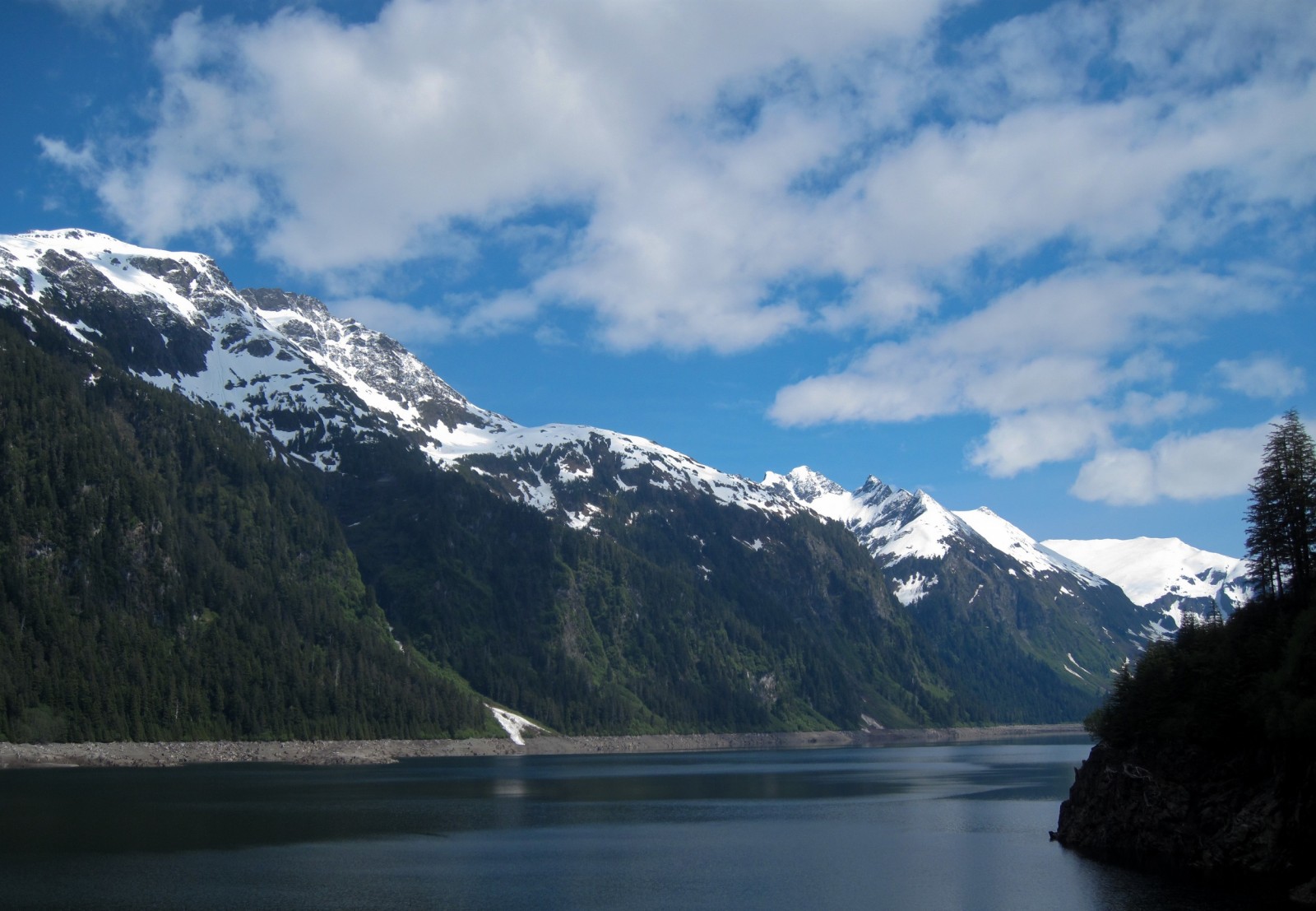

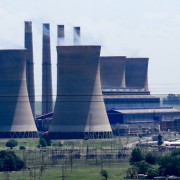

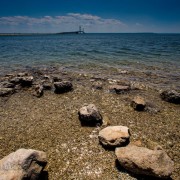

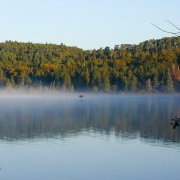
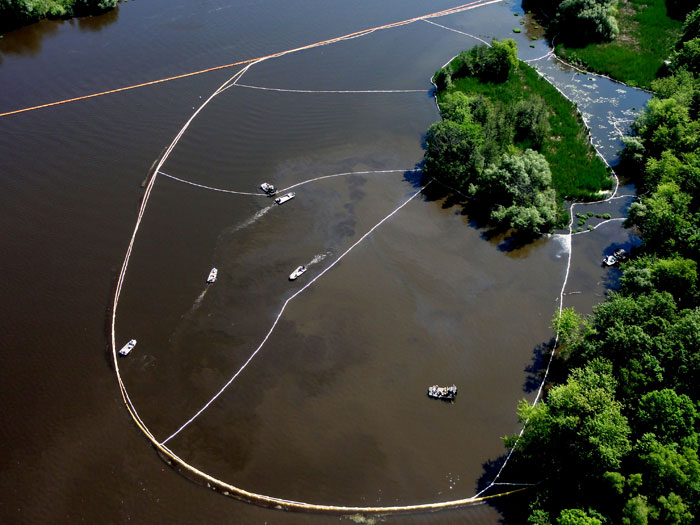


Leave a Reply
Want to join the discussion?Feel free to contribute!